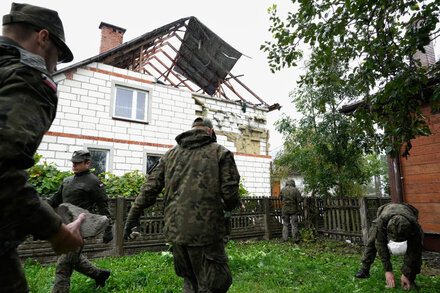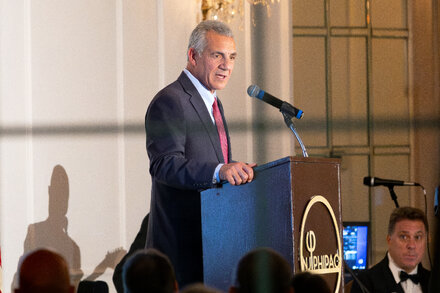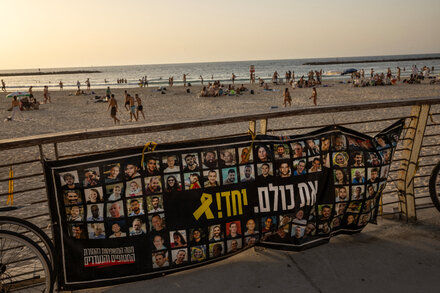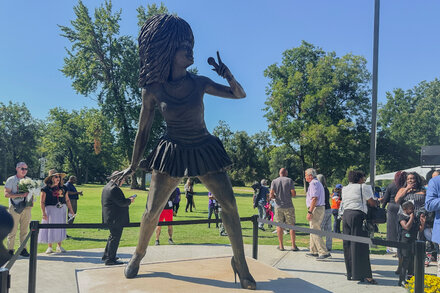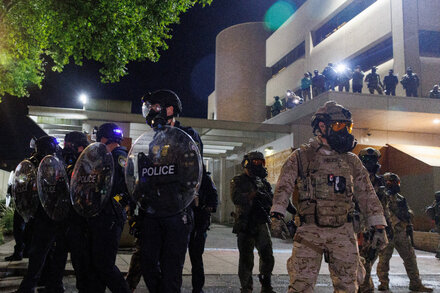Former President Donald Trump has once again placed Portland, Oregon, at the center of his political rhetoric, presenting the Pacific Northwest city as an embodiment of left-wing governance and its perceived failures. This continued focus signals a recurring theme in his public addresses, where Portland serves as a critical example to underscore his political message and draw stark contrasts with his policy proposals.
Trump’s history of singling out Portland intensified during his presidency, particularly in the summer of 2020, amidst widespread racial justice protests and demonstrations. At the time, federal agents were deployed to the city to protect federal property, including the Hatfield U.S. Courthouse, a move that ignited further clashes between protesters and law enforcement.
In his recent statements, the former president has revisited these themes, casting Portland as a cautionary tale for the nation. He frequently highlights issues such as urban crime, homelessness, and what he describes as radical progressive policies as evidence of the Democratic Party’s broader agenda.
“Look at what they’ve done to Portland,” Trump reportedly stated at a recent rally. “It used to be a beautiful city, and now it’s an absolute disaster. This is what the radical left wants for America, and we can’t let it happen.”
The strategy of using Portland as an “avatar of the left” allows Trump to communicate a specific message to his base about the perceived consequences of progressive policies, particularly concerning urban governance and law enforcement. His criticisms often extend to the city’s approach to policing, its history of anti-establishment protests, and its generally liberal political leanings.
Observers note that this rhetorical approach aims to galvanize support by presenting a clear distinction between his vision for American cities and what he portrays as the outcomes of opposing political ideologies. By consistently returning to Portland, Trump reinforces a narrative that links specific urban challenges to broader ideological movements.
Source: Read the original article here.
